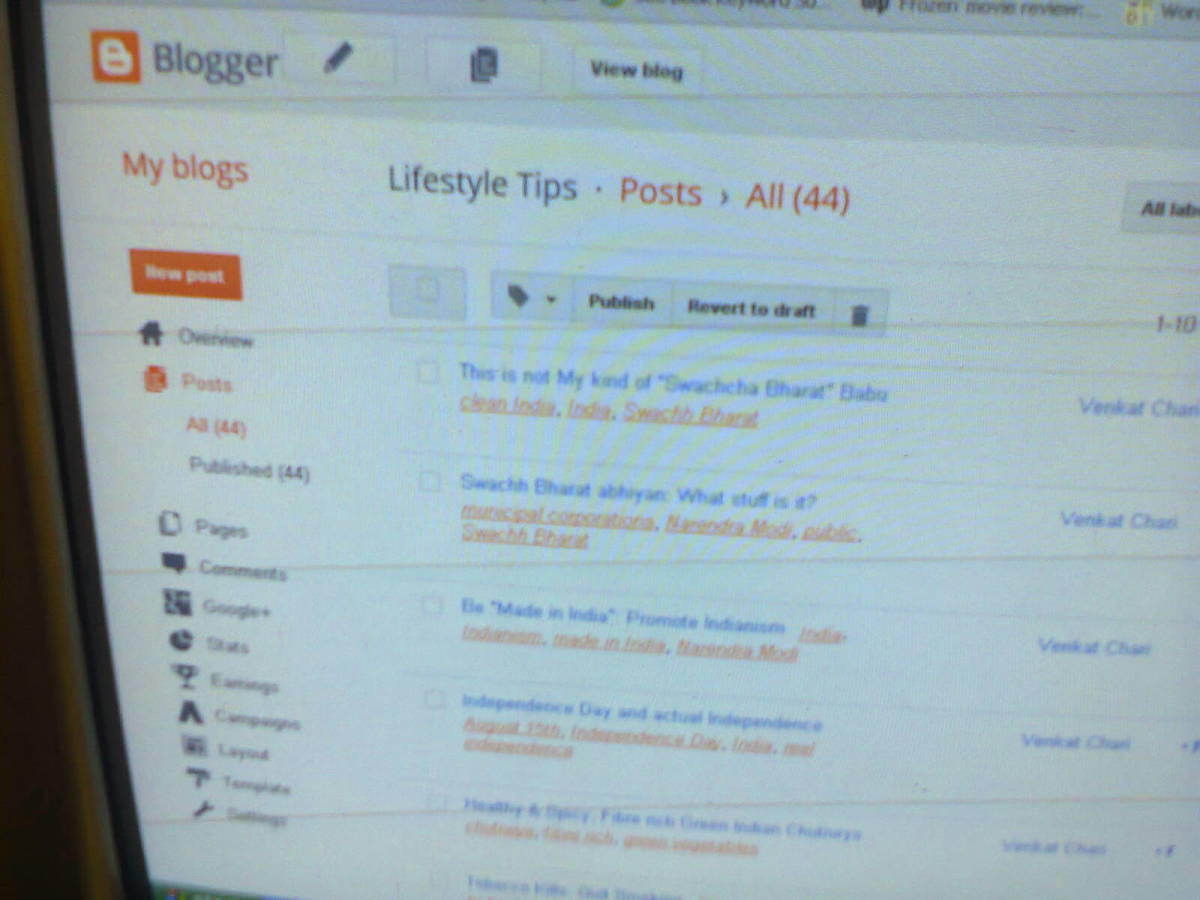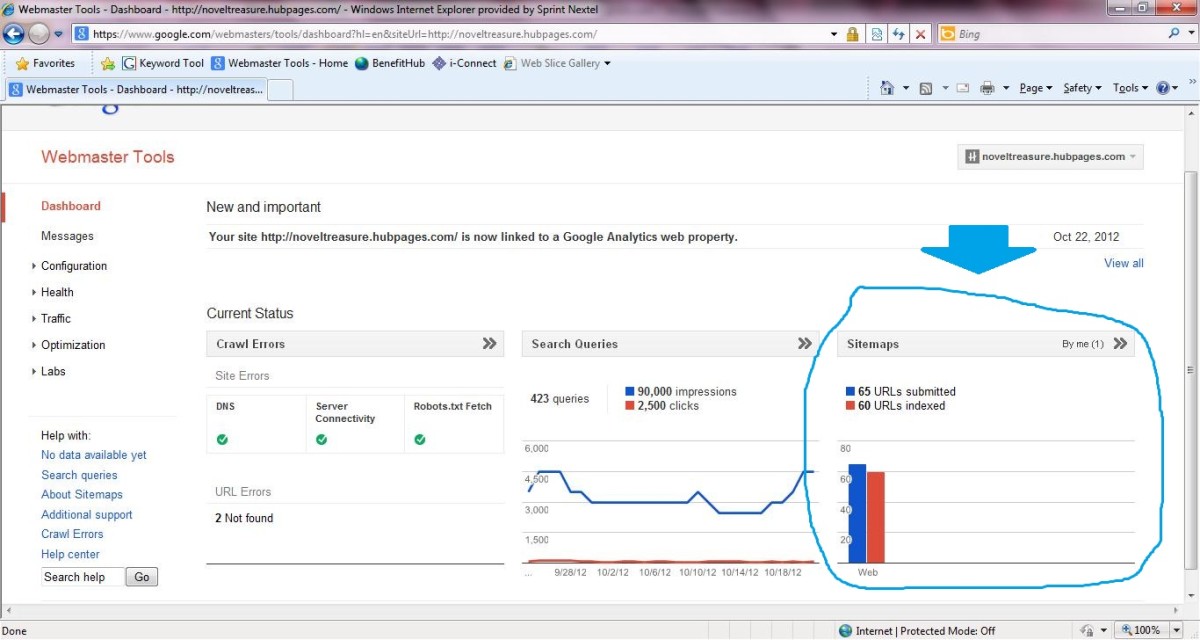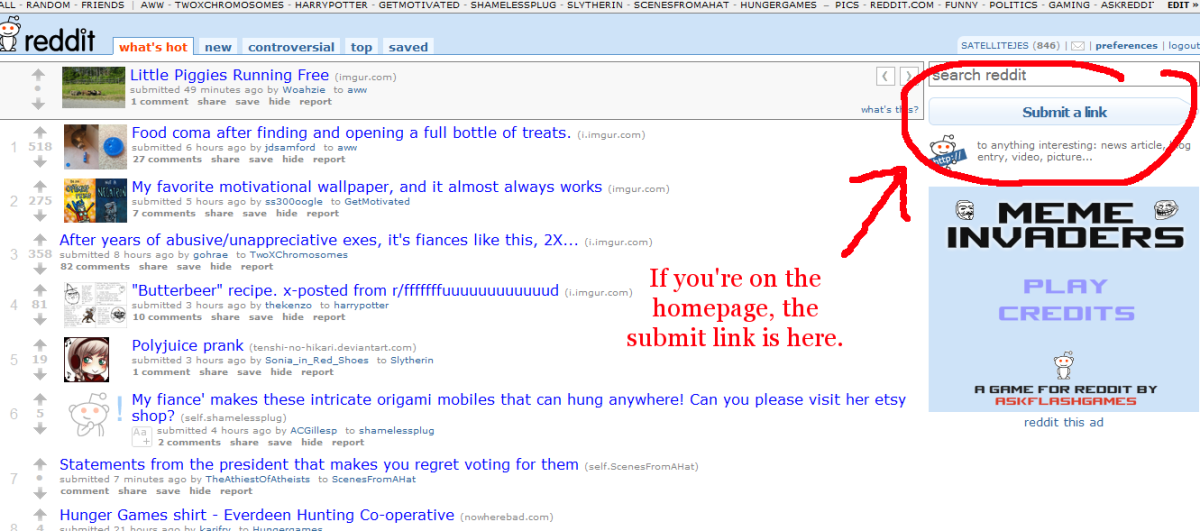How to Get Free Traffic by Increasing Your Page Rank
Page Rank
Page Rank is a value that measures how powerful your page is on the worldwide web. When your page links to another page, it is effectively giving out some of its powers to the other page. The more links that come to your page, the more powers your page receives. If you get a link from a page with a lot of powers, the more powers your page will receive. These powers are very important because they are used in determining your page's ranking in the search results. These powers are what are called page rank, PR.
These powers (PR) are measured in a scale from PR-0, PR-1, PR-2 ... ....PR-10. The figure 1 has no zero, so it is PR-0. The figure 10 has one zero, so it is PR-1. The figure 100 has two zero, so it is a PR-2. The figure 1000 has three zero, so it is a PR-3. This goes on until the figure 10,000,000,000 which has ten zero, so it is a PR-10.
This therefore tells us that you need ten billion links from pages with a PR-1 to equate to only one link from a page with a PR-10. The assumption here is that there are ten billion pages in the entire World Wide Web. When more pages are added, adjustment is made accordingly. This illustration tries to avoid complex math so that the ordinary reader who is not friendly to math can get an idea of what is happening. The actual proportions of variables are only known to Google and are top secrets.
- Page-Rank-Flow-Diagrams
You may refer to the above link for Page-Rank-Flow-Diagrams
When you create a single page web site, that page is given a value 1. Create another page and you get a total of 2 for your two-page web site. Since you are creating a network, the law says the two pages must be linked together. You can link page A to page B, thus page A is effectively giving out some of its powers to page B. Page B thus has more value than 1 whilst page A has a lower value than 1. But page B must be linked to another page to complete the network - it can either be linked back to A or to another page in the World Wide Web.
Page Rank in a site increases as the number of pages in the site increases. The more pages you have in a site, the higher the Page Rank becomes. You can therefore add links from all the other pages to your home page so that your home page will have a higher Page Rank than the other pages in your site. But remember there must always be a link to navigate into every page and a link to get out to either another page in your site or another page in the rest of World Wide Web; otherwise you may end up with dangling links which are links that point to any page with no outgoing links. Ideally when you create a new page, the Page Rank for your site increases but the rest of World Wide Web loses by a similar amount.
Links into the site from the outside is one way to increase a site's total Page Rank. The other way is to add more pages. The opposite is also true: Links from the site to the outside is one way to reduce a site's total Page Rank. The other way is to reduce the number of pages.
Outbound links like form actions and links contained in JavaScript code like the Google adsense ads do not leak Page Rank.
When Google spiders visit your site, they count all the links, and then using an approximation equation, they compute the corresponding Page Rank for each an every page in the entire World Wide Web. It really must consume a lot of computer time and energy.
Some links can cause a site to be penalized by Google. Google rightly figure out that you cannot control which sites link to your site, but you can control which sites you link out to. For this reason, links into a site cannot harm the site, but links from a site can be harmful if you link to penalized sites. So be careful which sites you link to. If a site has PR-0, it is usually a penalty, and it would be unwise to link to it.
With your keyword density and frequency right, give yourself a maximum of 50 points. Another maximum of 50 points should come from page rank. Multiply the two and you get a value that will determine your position in search engines' search results. Your keyword density and frequency can be zero but your page rank should always be greater than zero unless there is a penalty.
What does this Page Ranking teaches us? - that it will take a lot more additional effort for a page to move up to the next Page Rank level than it did to move up from the previous Page Rank level. To move beyond the PR-5, it's only the well established marketers with good tools and resources who are able to do that. They have thousands of pages with virtually all the keywords you can think of. With such high Page Ranking and rich keywords, these top marketers will always occupy the first pages of search engines' searches. When people search the web, they hardly go beyond the third page of search results. This means that the Page Ranking probability algorithm is biased in favour of well established marketers where the winner takes it all. Ask yourself this: why is it that the small marketer hardly earns (per a whole month) more than the minimum hourly pay?
What should the small marketer do to overcome this? A mother will easily move a basketful of oranges from point A to B, but her three years old child can move it only if he was to move a single orange one by one. And the small marketer can move the Google's World Wide Web only if he was to approach it in small social bookmarking and community networks websites one by one. Examples of these social networking websites are Squidoo, Facebook, Myspace and so on and so forth. Here the small marketer can be able to bulldoze and be on the front page without much hassle. In addition the combined forces of these small marketers end up giving these social networking websites very high Page Rankings. If the small marketer can join five or so such social networking websites, he will then be doing something that is workable and will be rewarded accordingly.
The Author’s page is designed to help beginners and average readers make some money as an extra income to supplement what they may be earning elsewhere - details of which you can find in My Page, if you will.
- Page-Rank-Flow-Diagrams
You may refer to the above link for Page-Rank-Flow-Diagrams








